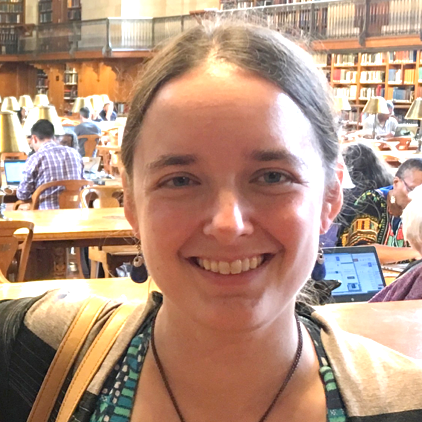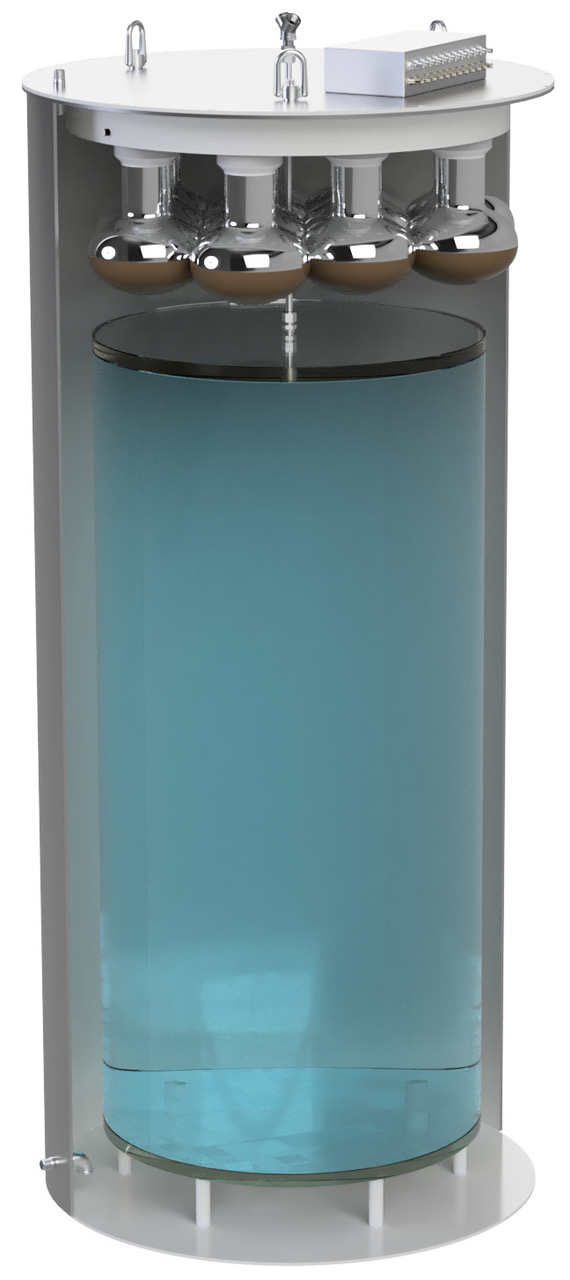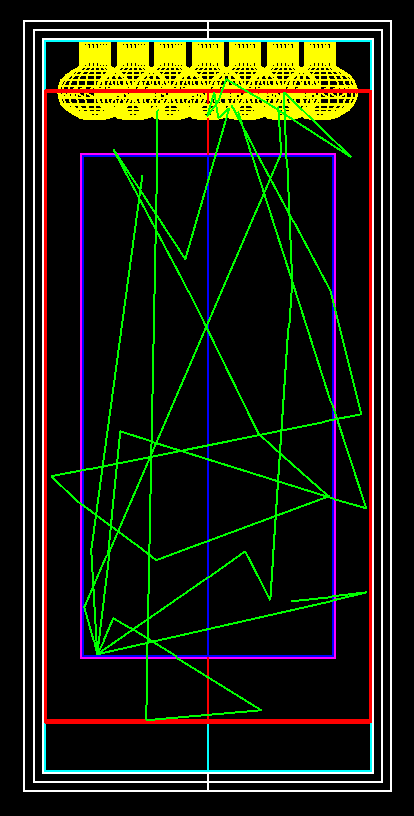Diana Parno to Build Neutrino Detector Module with DOE Early Career Research Award
 Diana Parno, an assistant professor of physics at Carnegie Mellon University, was awarded a five-year Department of Energy (DOE) Early Career Research Award in High Energy Physics to build a neutrino detector that will help to make more accurate measurements of neutrinos.
Diana Parno, an assistant professor of physics at Carnegie Mellon University, was awarded a five-year Department of Energy (DOE) Early Career Research Award in High Energy Physics to build a neutrino detector that will help to make more accurate measurements of neutrinos.
“Maintaining our nation’s brain trust of world-class scientists and researchers is one of DOE’s top priorities — and that means we need to give them the resources they need to succeed early on in their careers,” said U.S. Secretary of Energy Jennifer M. Granholm. “These awardees show exceptional potential to help us tackle America’s toughest challenges and secure our economic competitiveness for decades to come.”
Neutrinos are one of the fundamental particles that make up the universe. Neutrino particles rarely interact with other matter, which has made it hard for scientists to study or understand them. The COHERENT Collaboration, working at the Oak Ridge National Laboratory’s Spallation Neutron Source (SNS), was the first to detect and measure one such interaction — the coherent elastic scattering of neutrinos off nuclei. Accurate measurements of this and other interactions could help physicists reveal new information about neutrinos, the dynamics of neutron star formation and supernovae explosions, and dark matter.
The biggest limitation for the COHERENT experiment is that researchers are only able to estimate the flux of neutrinos produced by the SNS with about 10% accuracy. Parno, a longtime member of the COHERENT Collaboration, will use her Early Career Research Award to build a module for a heavy-water neutrino detector that will precisely count the number of neutrinos that are produced by the SNS. Having an accurate tally will make the measurements from all the COHERENT detectors more precise, significantly improving the accuracy of the collaboration’s results.
“This award means that we’ll be able to tackle the biggest source of error in COHERENT’s groundbreaking neutrino measurements,” said Parno, “It also gives us the opportunity to train Carnegie Mellon students in an intriguing type of detector technology. I’m tremendously excited to get to work.”
DOE Early Career Research Awards provide five years of financial support to exceptional researchers in the early years of their career. Parno is one of 83 scientists from across the United States to be selected for the program this year. She is an alumna of Carnegie Mellon, earning her doctoral degree in physics in 2011. She joined the Carnegie Mellon faculty in 2017 following postdoctoral and faculty appointments at the University of Washington.

